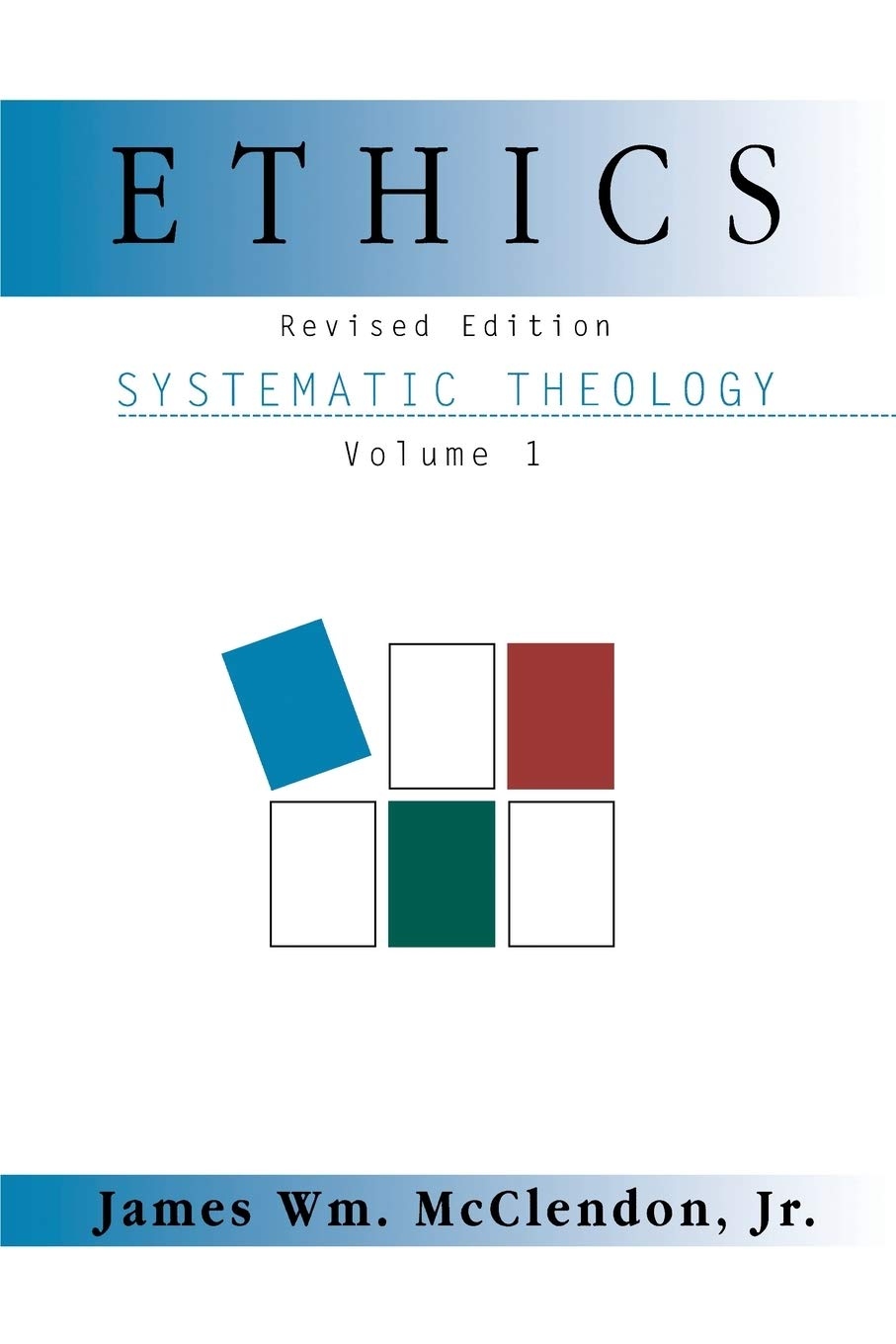How must we live to be the church?
Why a group is meeting online to study the systematic theology of James McClendon. By Andy Goodliff
 How must we live to be the church? was the question that Baptist theologian James McClendon set out to answer when he began writing a systematic theology. It resulted in three volumes: Ethics, Doctrine, and Witness. Back in May, during what we can now call Lockdown 1, I mentioned in a twitter conversation with a few friends here in the UK and some in the USA, the idea of reading this systematic theology together. Six months later a group of about 30 of us have worked our way (once a month) through the first volume Ethics and are about to embark on the second volume Doctrine.
How must we live to be the church? was the question that Baptist theologian James McClendon set out to answer when he began writing a systematic theology. It resulted in three volumes: Ethics, Doctrine, and Witness. Back in May, during what we can now call Lockdown 1, I mentioned in a twitter conversation with a few friends here in the UK and some in the USA, the idea of reading this systematic theology together. Six months later a group of about 30 of us have worked our way (once a month) through the first volume Ethics and are about to embark on the second volume Doctrine.
James McClendon is not that well known in the UK, which was part of the reason for the suggestion. He was a Southern Baptist who travelled what he called a ‘radical road.’ Through the 1980s and 90s McClendon worked on his Systematic Theology. It was an attempt to do theology as a Baptist, not just as an evangelical or protestant, but one who embodied a baptist vision. This baptist vision he saw in five themes — the authority of scripture, liberty, discipleship, community and mission.
The three-volumed Systematic Theology he wrote was different from others. First of all McClendon reversed the usual order systematic theologies are usually written. He starts with ethics, and then doctrine, and then witness (apologetics). McClendon believed all three are important, but by starting with ethics, he makes the emphasis that Christianity is first of all something lived.
What else makes McClendon’s work stand out are two phrases — ‘this is that’ and ‘then is now’ — what these mean is that when we read the Bible it addresses us now, in his words, ‘the church now is the primitive church and the church on judgment day.’
A third feature is who McClendon draws on as conversation partners and examples. In Ethics there are biographical chapters on Sarah Edwards (wife of Jonathan Edwards, the 18th C. American pastor), Dietrich Bonhoeffer, and Dorothy Day. In addition, are references to black theology, Anabaptists, Pentecostals, liberation theology and the novel and film One Flew Over the Cuckoo’s Nest. Apart from Bonhoeffer, these are not usual interlocutors found in a systematic theology. McClendon was pioneering a way of doing theology, not always successfully, that moved beyond the usual Catholic and Protestant names.
Ethics says McClendon is about three strands interwoven — body, community and resurrection. Following Christ is something lived out in our bodies, it's about the exterior as well as the interior. Following Christ is something lived out in community, it is social not individual. And following Christ is something that can only happen because of the resurrection of Jesus, which is the vindication of justice, a new way of seeing the world and it's the transformation of our lives.
Some of us are reading McClendon for the first time, others for the nth time. We hope out of this shared reading new generations of Baptists will discover this work which still has the capacity to teach, inspire and challenge us to be baptistic Christians who live, think and witness to truth of Jesus. As we have discussed this work, we keep coming back to the question with which we started, how must we live to be the church?
You are welcome to join us as we begin to read Doctrine. The reading group is open to all and takes place on zoom. It’s hosted by Andy Goodliff and Curtis Freeman. Videos of previous sessions can be found at andygoodliff.typepad.com/my_weblog/mcclendon/
Andy Goodliff is minister of Belle Vue Baptist Church, Southend-on-Sea
He edits Regent’s Reviews, based at Regent’s Park College, Oxford. Regent’s Reviews is published every April and October
Do you have a view? Share your thoughts via our letters' page.
Baptist Times, 27/11/2020